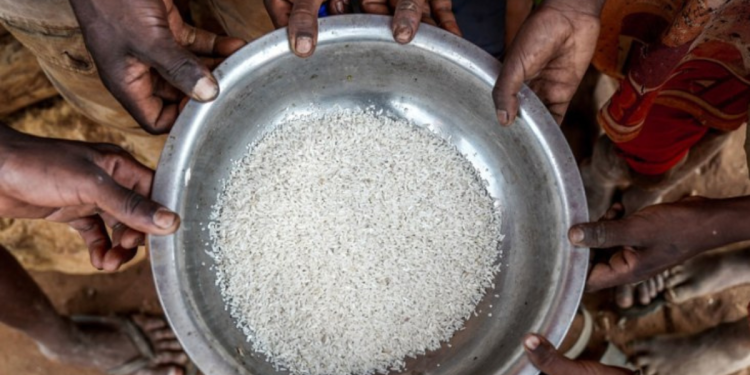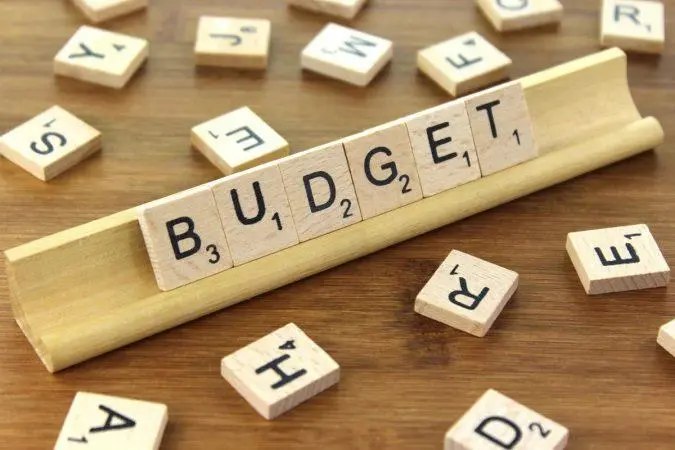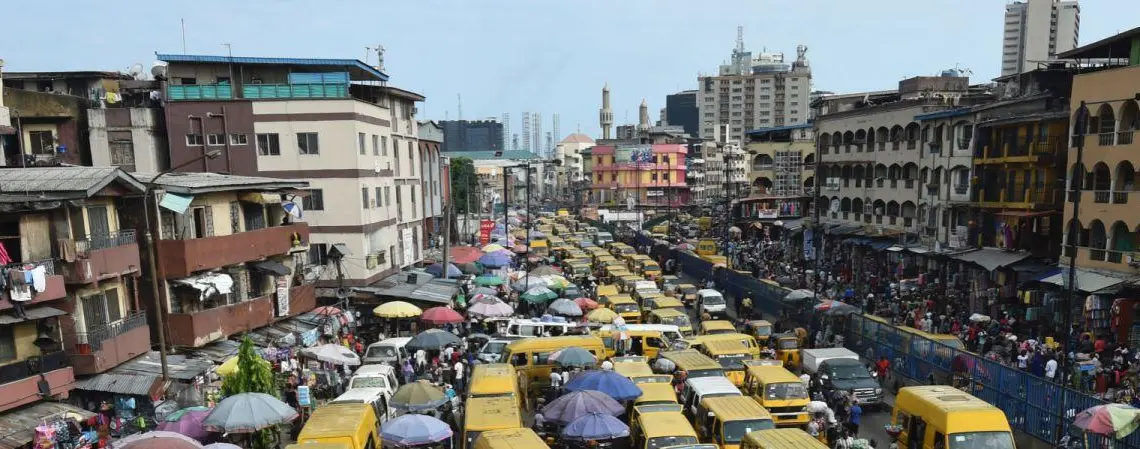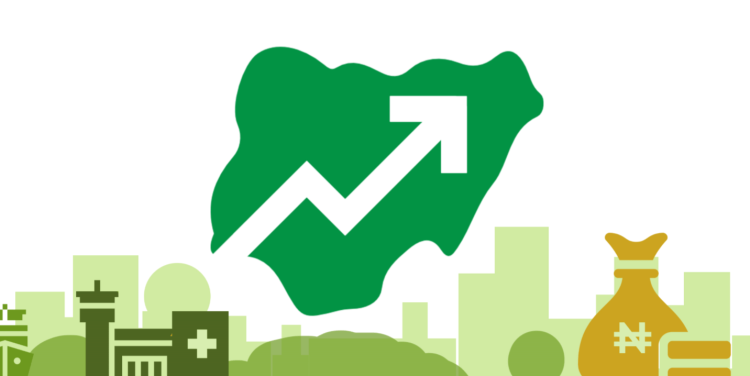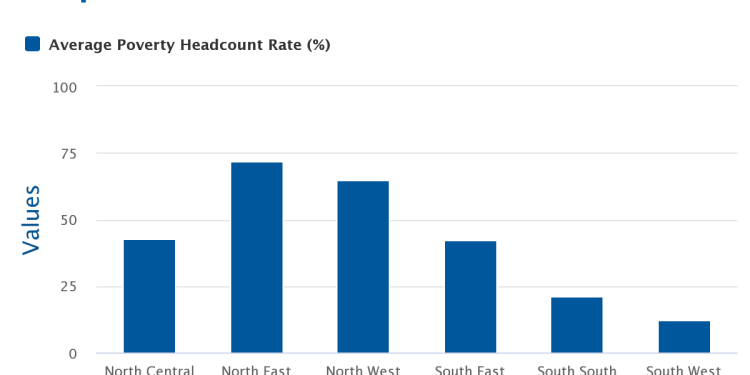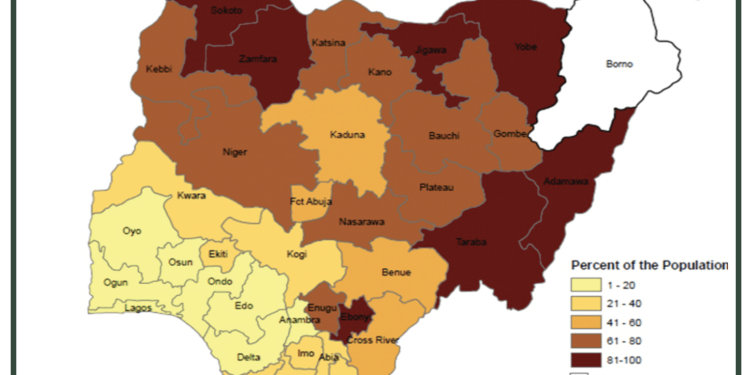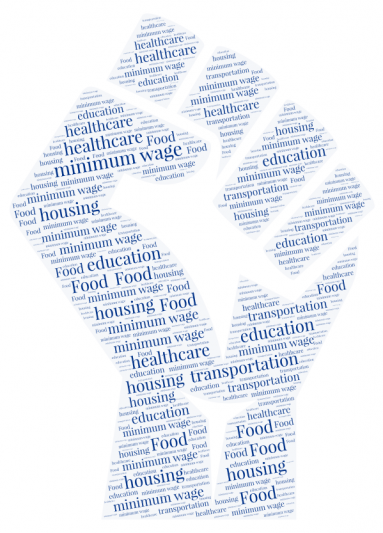Everything increased in price, salary reduced”, Joy Agnes, a low-income earner in Abuja told us. Following the structured resumption of work after the COVID-19 lockdown, Agnes’ employers had renegotiated her contract. The new arrangement meant that instead of working five days a week, she would only work on three alternate weekdays. And while this new arrangement implied lesser pay, she was excited to still have a job; some of her laid off colleagues did not share the same “luck”. Yet, increased responsibility with less pay amid increasing market prices is not the “Nigerian dream”. Not to mention, the increased cost of transportation; a tall order!
